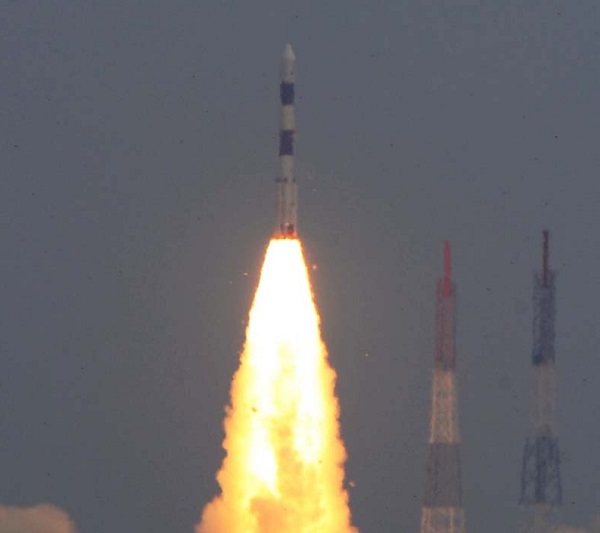Chennai, (Samajweekly) There should be a cap on the liability for damages to other space objects in outer space and its environment for private players which are mostly start-ups, said a top official of Skyroot Aerospace.
As per the draft Spacecom Policy, private sector players wanting to provide communication service within and outside India using a space-based asset are liable for damages caused to other space objects in outer space and its environment.
“The draft policy (Spacecom Policy-2020) says liability for damages is complete responsibility of the private entities. This can cause trouble for smaller start-ups and SMEs (small and medium enterprises) in the sector (which makes maximum percentage of Indian private space sector today),” Pawan Kumar Chandana, Co-founder, CEO and CTO of Skyroot Aerospace told IANS.
Recently, the Department of Space (DoS) came up with the draft of Space-Based Communication Policy of India-2020 (Spacecom Policy-2020) and draft of Norms, Guidelines and Procedures for implementation of Spacecom Policy-2020 (Spacecom NGP-2020).
The government will also come out with a separate policy for launch vehicles (rocket) and navigation , K Sivan, Secretary, DoS and Chairman, Indian Space Research Organisation (ISRO) had said earlier.
According to Chandana, major space faring nations such as the United States, France and Australia have a specific cap on the quantum of liability and in addition this cap is coupled with a State guarantee, under which states cover the damages exceeding the ceiling amount.
“This cap and guarantee should similarly be established in India with numbers keeping the start-ups in mind,” Chandana said.
As per the draft policy, for any damage that may occur to other space objects in outer space the private service providers are liable for financial damages and they have to take care of that by providing financial guarantee or insurance cover.
The extent of financial guarantee or the insurance cover will be determined by the Indian authorising/licensing body taking into account the risks involved in the nature and operations of that space object.
Presently, two start-ups in India — Agnikul Cosmos and Skyroot Aerospace — are in the process of manufacturing small rockets with carrying capacity of 100-300 kg satellites into low earth orbit (LEO).
“The draft policy is comprehensive and I don’t see anything missing. Lot of small satellites can result because of the policy,” Srinath Ravichandran, co-founder and CEO Agnikul Cosmos told IANS.
He said rocket companies have to take insurance to cover for the third-party liability, which is standard in the global market.
Ravichandran does not foresee the proposed launch vehicle policy would have any stipulation for rocket fuel.
“Globally, the types of fuel to power rockets are limited and the validation of a new fuel will be an issue,” Ravichandran said.
According to him, the proposed launch vehicle policy (policy for rockets) should have clear template/rules as regards the flight qualification of the rockets.
Welcoming the draft Spacecom policy, Narayan Prasad, Chief Operating Officer, Satsearch, told IANS: “This will definitely provide impetus in terms of policy clarity. However, risk-sharing instruments to develop IP (intellectual property) by Indian industry (similar to what NASA or ESA does) still needs to be developed.”
According to him, the journey to Indian industry as a co-traveller with ISRO will only be complete when Indian made Space products and services will not only serve local demand but will take part of the global pie.
Prasad said the draft Spacecom Policy is definitely a big step and very heartening to see ISRO/DoS coming up with the draft policies covering different space based services after the announcement of Indian National Space Promotion and Authorisation Centre (IN-SPACe).
The IN-SPACe will be the regulator for private sector space players in India.









